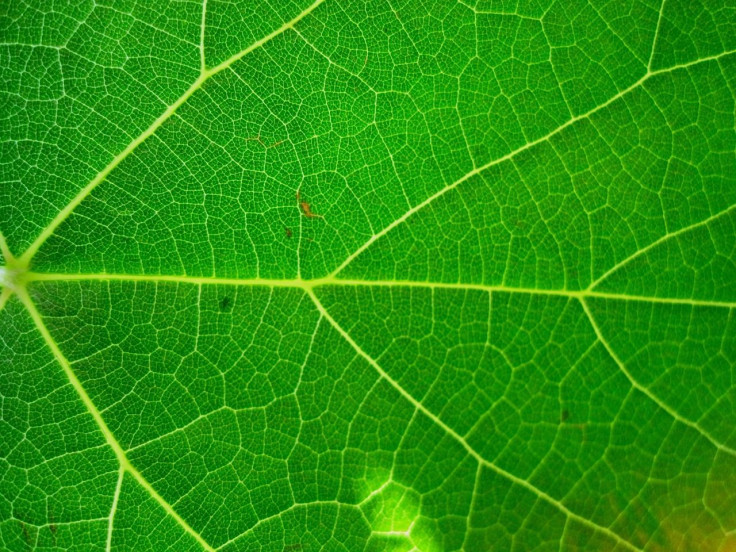5 Simple Ways To Improve Circulation And Get Your Blood Flowing

Poor circulation is a symptom of many conditions, from heart disease to diabetes. And it can be uncomfortable, causing numbness or tingling in your hands and feet, making your extremities feel cold, or even sapping your energy. If poor circulation has a serious medical cause, it’s best to see a doctor, but there are also natural things you can do at home to get your blood flowing.
Quit smoking
Lung cancer is only just one of the numerous health problems associated with smoking cigarettes. The National Heart, Lung and Blood Institute says that smoking damages the heart, blood cells, blood vessels and lungs, among many other organs. Smokers are more likely to have the waxy substance called plaque build up in their arteries, which are supposed to carry oxygenated blood to other organs, impeding blood flow by making those arteries harder and narrower. Plaque in the arteries can also over time cause chest pain, palpitations or even a heart attack.
Read: Natural Ways to Improve Mental Health — Without Medication
Reduce stress
Getting your anxiety under control could get your blood pumping better. According to the American Heart Association, anxiety interferes with the natural flow of oxygen and carbon dioxide in your body because it screws with your blood vessels — stress responses release the hormones adrenaline and cortisol, “making the heart beat faster and constricting blood vessels to get more blood to the core of the body instead of the extremities.” You can reduce stress through meditation, mindfulness exercises, yoga or other methods.

Get a massage
If you can’t get your significant other to give you a massage, maybe explaining that it improves circulation will help. Research shows that it enhances blood flow all over the body, not just at the site of the massage. And many experts recommend massaging the hands and feet to improve blood flow in the extremities.
Bundle up
If you have poor circulation, colder temperatures can only make it worse. Harvard Medical School explains, “When we encounter cold air or water, the lacy network of blood vessels in the skin constricts, and blood is hastily shunted to the interior.” In some ways that process is useful because it protects our most vital organs and because our warm blood has more insulating skin between itself and the chilly air, so we lose less heat. But that means hands and feet pay the price. To reduce that reaction, make sure to keep yourself warm during the winter.
Eat citrus
It turns out that vitamin C is good for your circulation, perhaps as much as going for a walk, because it affects a protein in blood vessel walls involved in their constriction. You can pop a vitamin supplement or you can bite down into a juicy orange — either will do the trick.
See also:



























